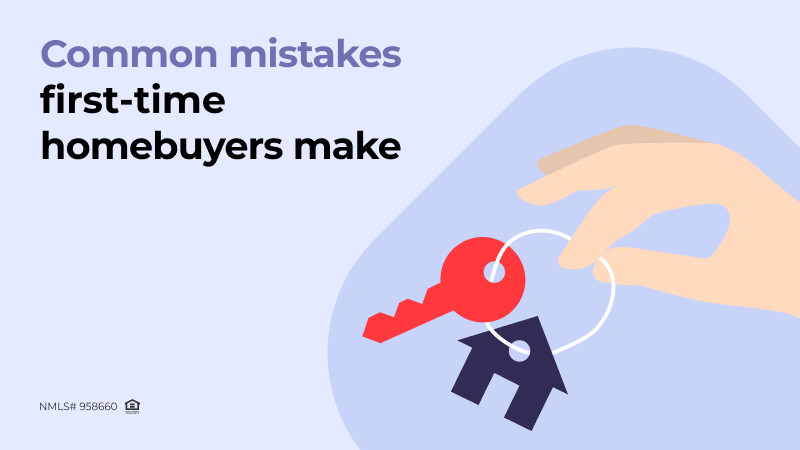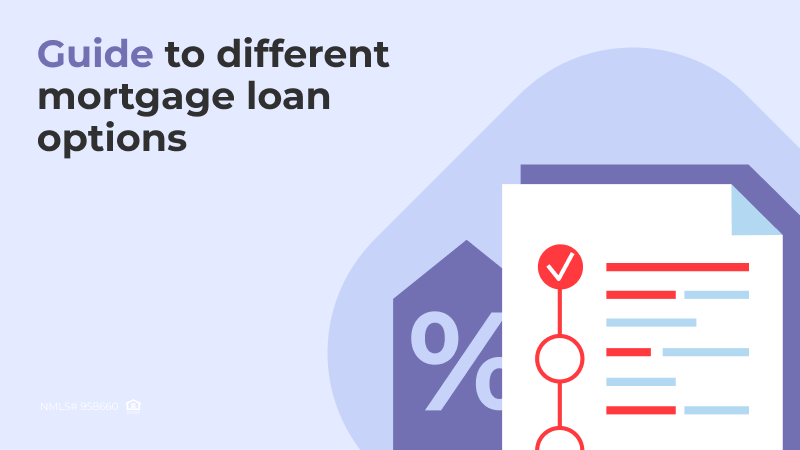Introduction: Buying a home is a significant step in anyone’s life, representing a symbol of stability and accomplishment. However, it’s crucial to approach this decision with a clear understanding of your financial situation. Determining how much house you can afford involves a thorough assessment of your finances, ensuring that your dream home remains within your means without jeopardizing your financial stability. In this guide, we’ll delve into the essential steps to calculate your home affordability and make an informed decision that aligns with your financial goals.
Evaluate Your Financial Snapshot: Before you dive into the world of real estate listings and open houses, take a close look at your financial health. Begin by calculating your total income, including not only your salary but also any additional sources of income, such as investments, side hustles, or rental properties. This gives you a clear starting point for gauging your purchasing power.
Calculate Your Debt-to-Income Ratio (DTI): Your debt-to-income ratio is a vital metric that lenders use to assess your ability to manage a mortgage. To calculate your DTI, divide your total monthly debt payments by your gross monthly income and multiply by 100 to get a percentage. Ideally, your DTI should be below 43% to qualify for most mortgages. A lower DTI ratio indicates better financial stability and a greater ability to handle your mortgage payments.
Consider Your Down Payment: Your down payment plays a significant role in determining the house you can afford. While a 20% down payment is often recommended to avoid private mortgage insurance (PMI), there are loan options available that allow for lower down payments. Evaluate your savings and financial capacity to decide on a down payment that aligns with your budget while considering the impact it has on your monthly mortgage payments.
Factor in Additional Costs: Owning a home entails more than just a mortgage payment. Consider property taxes, homeowner’s insurance, potential homeowner association (HOA) fees, maintenance costs, and utility bills. These additional expenses can add up, so it’s important to include them in your budget calculations. Being prepared for these costs will help you avoid financial strain in the long run.
Embrace the 28/36 Rule: A popular rule of thumb in the mortgage industry is the 28/36 rule. According to this guideline, your housing expenses, including mortgage, taxes, and insurance, should not exceed 28% of your gross monthly income. Furthermore, your total debt payments, including housing expenses, credit card bills, and other debts, should not surpass 36% of your gross monthly income. Adhering to this rule can help you maintain a healthy financial balance and avoid overstretching your budget.
Long-Term Financial Goals: Buying a home is a major commitment, so it’s essential to consider how it fits into your long-term financial goals. Will you still be able to save for retirement, invest in your passions, and handle emergencies comfortably while making mortgage payments? Assessing the compatibility of homeownership with your broader financial aspirations is critical to your financial well-being.
Get Pre-Approved by Lenders: Seeking pre-approval from lenders is a proactive step that provides a clear understanding of your borrowing capacity and the interest rates you qualify for. However, remember that pre-approval doesn’t dictate the upper limit of what you should spend. It’s crucial to stay within your own comfort zone to prevent unnecessary financial stress.
Be Realistic and Patient: While it’s tempting to fall in love with a property that stretches your budget, resist the urge to overextend yourself. Opt for a home that aligns with your current financial situation and future goals. Remember that homeownership is a journey, and starting with a more affordable option allows you to build equity and trade up in the future.
Conclusion: Determining how much house you can afford involves a meticulous examination of your financial standing. By evaluating your income, DTI ratio, down payment, additional costs, and considering the 28/36 rule, you can confidently make a homebuying decision that’s financially responsible and aligned with your aspirations. Always prioritize your financial stability and ensure that your homeownership journey is a fulfilling one.



